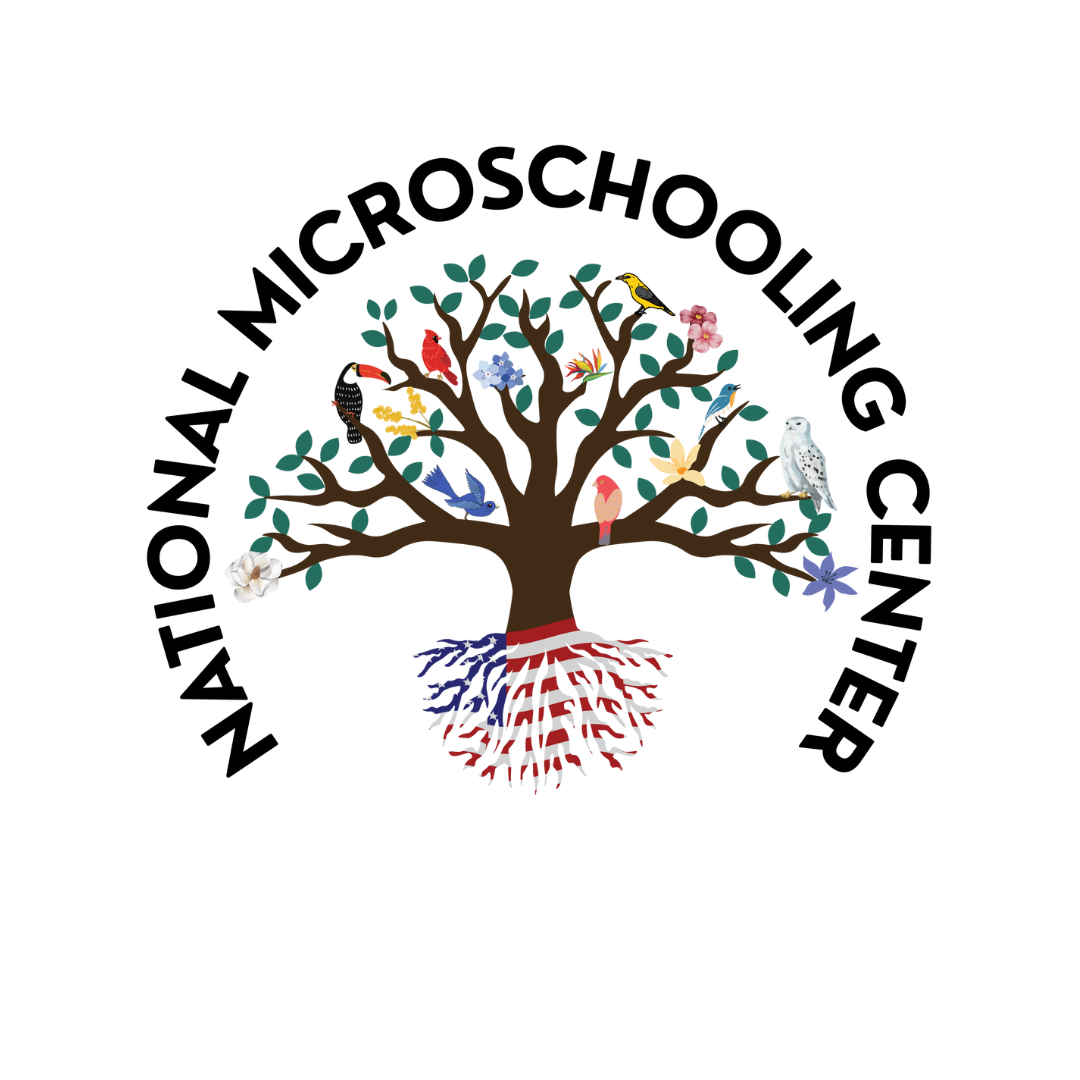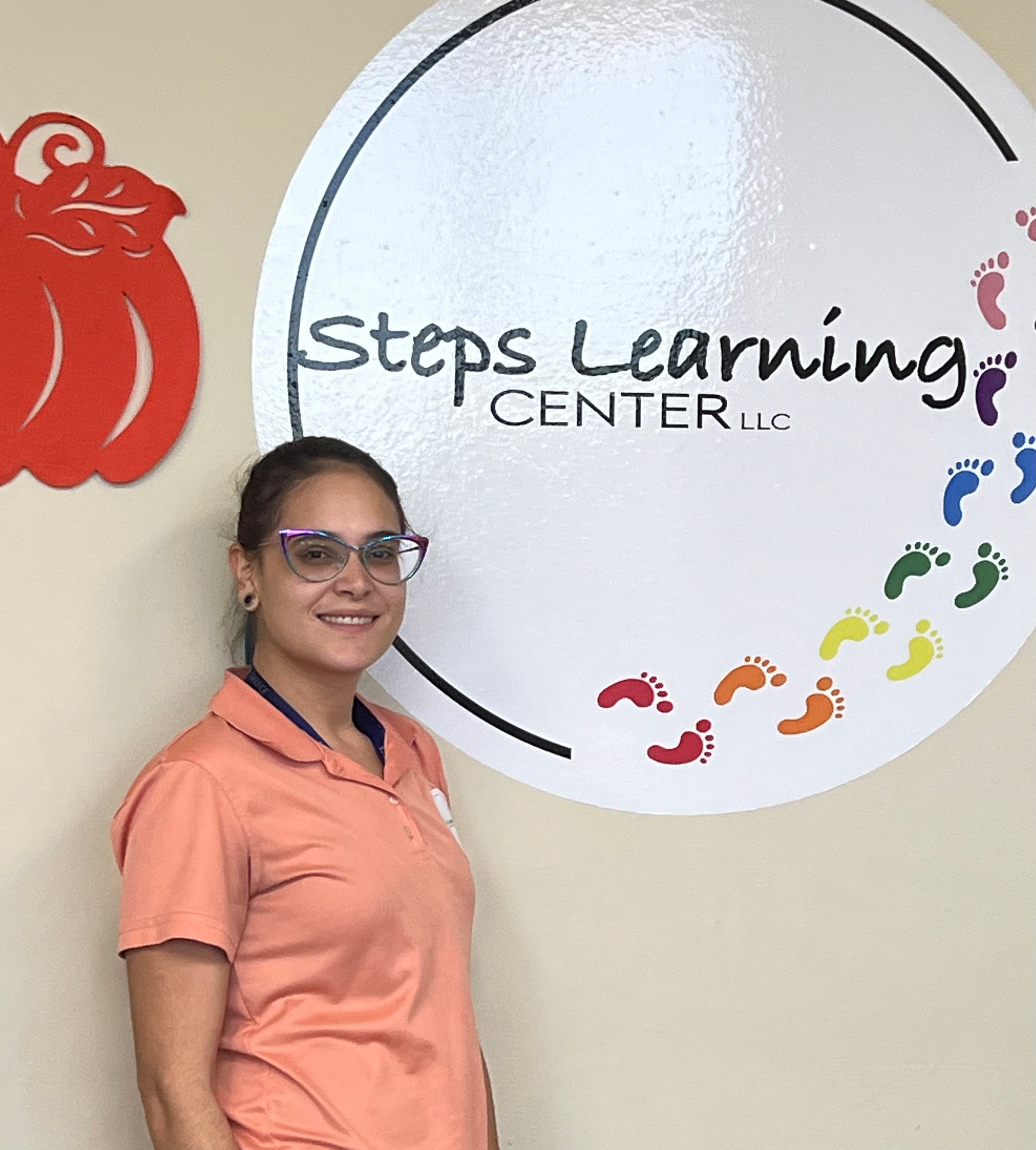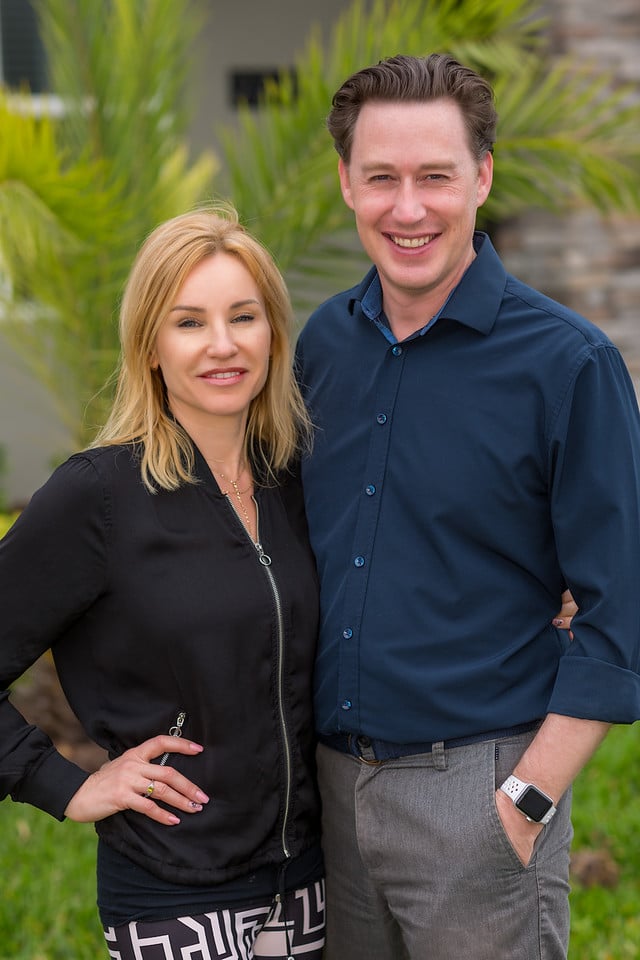Individualized, Inclusive, Innovative: AMPed Hybrid Academy in Metro Detroit Michigan
Anne Marie Palazzolo knew she wanted to be a teacher when she was five years old. After pursuing a degree in Special Education and Emotional...
5 min read
 News Story Posted by Center Staff
:
Oct 11, 2023 9:00:46 PM
News Story Posted by Center Staff
:
Oct 11, 2023 9:00:46 PM

My name is Alexandra Batista I am the founder of Steps Learning Center LLC, born and raised in Puerto Rico. I graduated with a double Bachelors degree in Exceptional Student Education K-12 and Elementary Education K-6th grade from the Interamerican University of Puerto Rico. I continued my professional development as an educator getting certified in Puerto Rico and Florida and adding ESOL and Virtual Teacher certifications as well.
After working at brick and mortar schools and virtually for more than 10 years, I witnessed how the education system fails to properly serve neurodivergent students that have behavioral, communication and self-care needs. Steps Learning Center was founded on April 25, 2022 and we opened our doors on August 1, 2023 in Orlando, FL. Our mission is to provide non-traditional education for non-traditional learners where we focus on the students' basic living and school skills that will help them become the most independent adults possible within their abilities.
Our individualized education program is based on each student's result on the Assessment for Functional Living Skills (AFLS) , and tailors their learning plans to target the most important goals for their self-care, communication, social-emotional, and academic skills. We understand that our students have sensory and behavioral needs that impede their success in school. Rather than targeting these as behaviors that need to be eliminated, we look at these as communication and we focus on providing students with verbal and non-verbal communication and safe ways to meet these needs.
1. What is one unique (or uncommon) feature of your microschool experience your learners and families tell you they especially value?
At Steps we offer an education program that fits the child's needs. We integrate community based activities, social-emotional learning, verbal and non-verbal communication, adapted functional academic and self-care skills in our educational program. We partnered with a non-profit named OCA to provide students with activities like Physical Education, Playground and Social Skills group activities in their building (walking distance from Steps). Students also get the experience to visit the Public Library once a week, participate in online ASL and Music classes, and monthly field trips.
Each student is assessed with the criterion-based assessment AFLS (Assessment for Functional Living Skills), using the School Skills and Basic Living Protocols to design a detailed learning plan addressing different areas in each protocol including communication, self-care, self-management and academic skills. We use adapted curriculums like Math-U-See, ST Math and Lexia but we are not grade-level based or follow grade standards --we follow a student-ability based pacing. Many schools, even private specialized schools, would not accept our students due to their self-management needs, diverse functioning regarding the academic curriculum and inability to follow a standard- based education. We firmly believe every child can and deserves the chance to learn and thrive regardless of their diagnosis.
2. What is one favorite aspect of your work that would have been especially difficult to deliver in traditional school settings?
The approach we take to the education of neurodivergent children. We have the freedom to design and set up our educational programs as we see fit for each student. We also provide a very small setting where students can have the support needed from our staff and outside providers we collaborate with. Many of our students receive other support therapies like Speech & Language, Occupational Therapy, Feeding Therapy, Applied Behavior Analysis, Physical Therapy and others, we collaborate with providers to come in-person and service their students while they are at Steps. We can directly work with these providers to prioritize the student's needs and focus on successful development of skills rather than following a standardized program. This is impossible to obtain in the traditional classroom setting, even in a self-contained classroom due to the number of students vs staff, individual needs not being attended to, and standardizes goals and expectations that teachers and students are forced to focus on.
3. How does success look for your students? What is your favorite success story?
Steps' name was inspired by how our students learn, we know that to ensure our student's success we have to take small steps and be observant of their needs and communication attempts. During the summer we got many students that attend other traditional education settings and families were impressed on how much their child loved to come in and learn, an experience they've never had at school. The success was so much that various families decided to withdraw their child from their former school and enroll at Steps Learning.
There is a family in particular that have been turned away by many schools and ABA providers due to their child engaging in aggressive behaviors related to sensory needs, and medical issues. With less than a month of attendance at Steps, the student was thriving and the family was amazed at how the child's and family's quality of life had improved. Little things like taking walks in the neighborhood, brushing and fixing hair in the mornings, and non-verbal communication attempts rather than engaging in aggressive behaviors. They have talked to other families in the same situation about us, and they are grateful for the love, care and huge improvements that they've seen and how we collaborate with the student's ABA providers to continue forward with the student's development.
All of our families are pleased to see how their child is excited about school, making friends, and improving their ability to cope and navigate the world around them, a world that is not built with them in mind. They see the difference and are amazed at how much their child really knows and learns when provided with an environment that fits their needs. Our families are looking forward to continuing with us for as long as possible.
Success for our students is being able to cope with what they can't control, finding communication methods to seek assistance, using self- management skills to navigate their environment and applying academic knowledge towards their independence. We are seeing that our students are taking firm and significant steps towards their own success.
4. What is one piece of advice you give new microschool founders?
Do not give up, focus on your students and the change you want to impulse. Microschool builders are people that understand the need to reform our education to ensure the development of caring humans that help and collaborate to make our society better. We are breaking the rules, breaking the mold, and putting students first. It is part of the journey to receive push-back, to make mistakes to learn from, and feeling doubts. There is a bigger mission that impulses us to prevent students being left behind because they are not offered learning options that fit their needs. This does not just apply to neurodivergent children, it is part of human nature to have different learning styles, we understand individuality needs to be celebrated and not discouraged. We are instrumental pieces to help students learn, be successful and fall in love with education again. Do not lose your focus, seek help and support from microschool builders and supporting organizations, and continue moving forward in the defense of education and student's success.
5. Please describe one facet of your microschool’s experience that you’d like people to think of when your microschool comes up in conversation.
We want people to think of us as the go to place for children that have individual needs that prevent their success navigating the environments around them. We want families to feel hopeful and not excluded due to having a neurodivergent child. Providing a space for student's to thrive regardless of their autism, trichotomy 21 or learning disabilities, we ensure that they will receive an education that will help them become the most independent adults within their abilities. We want people to think of Steps Learning as a model for neurodivergent student education and how we change the educational approach to fit our students and not the other way around.
-1.jpg)
Anne Marie Palazzolo knew she wanted to be a teacher when she was five years old. After pursuing a degree in Special Education and Emotional...

3 min read
"Traditional school wasn't getting what our children needed for today's world, so we started one that does," explains the team leading Acton Academy...
.jpg)
Neurodiverse children, and others whose learning is impacted by diverse levels of ability, are thriving in microschools in ways many never did in...